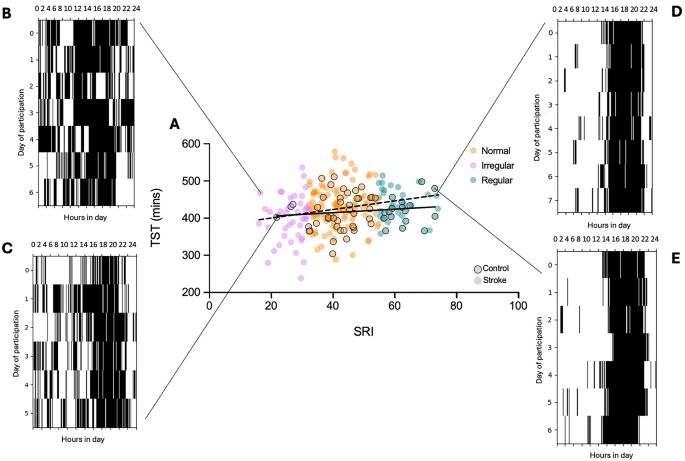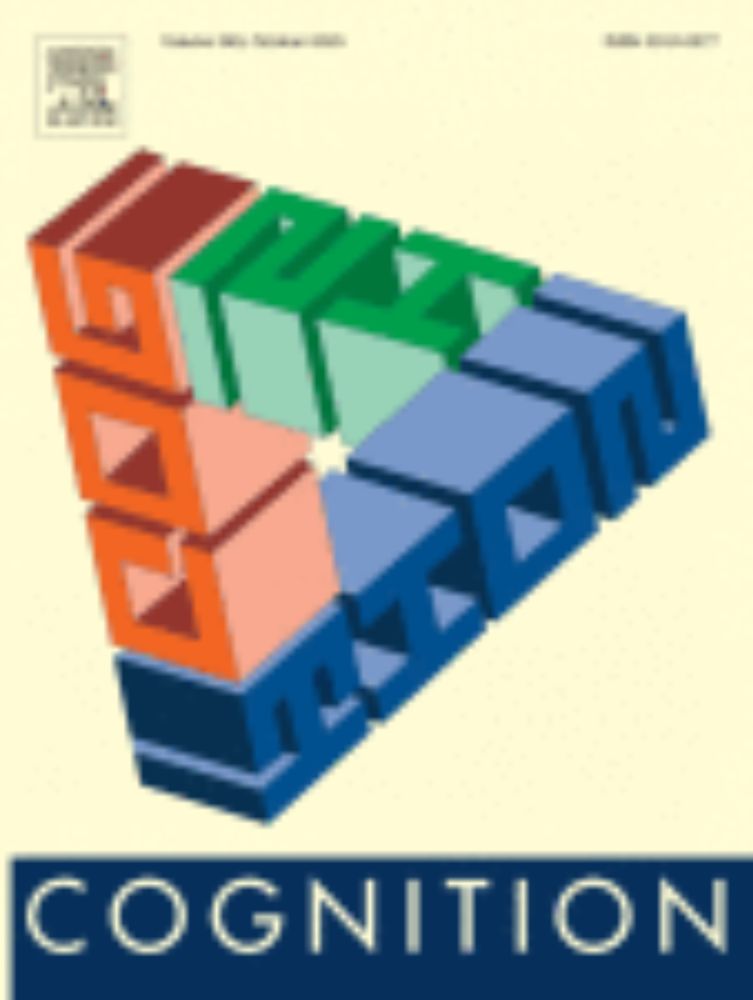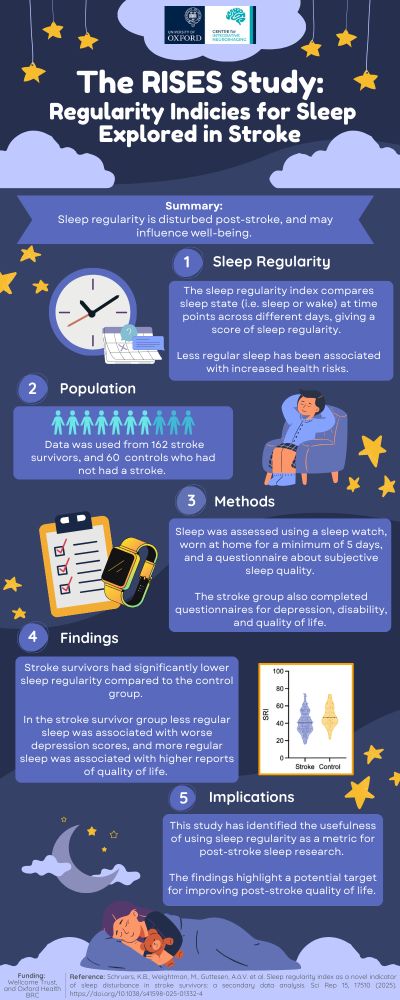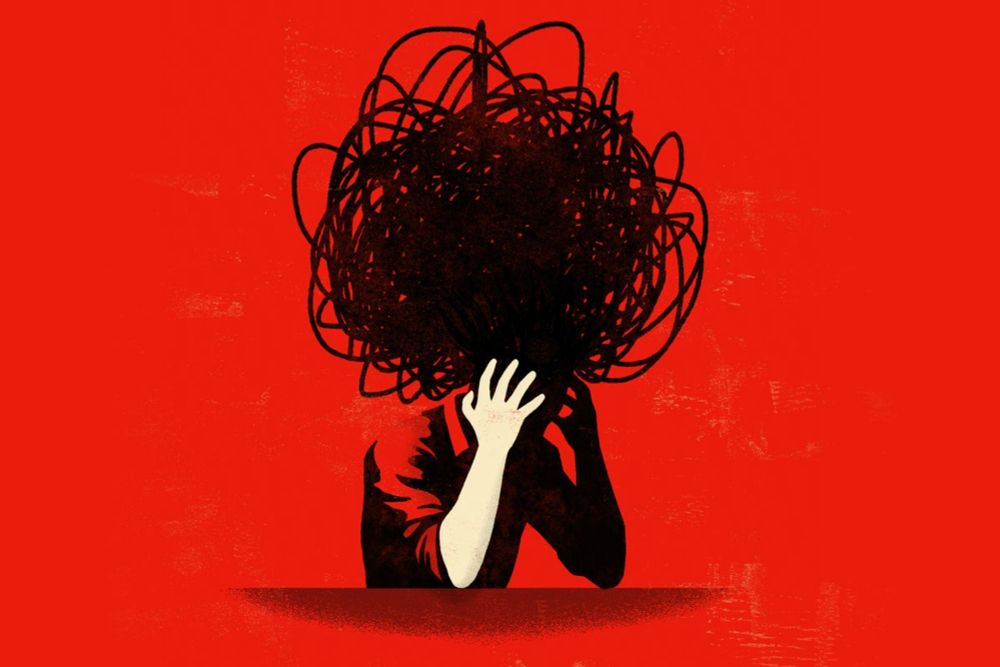Anna á V. Guttesen
@annaavali.bsky.social
170 followers
160 following
3 posts
Postdoctoral researcher at University of Oxford interested in cognitive neuroscience of sleep, learning and memory consolidation
Posts
Media
Videos
Starter Packs
Anna á V. Guttesen
@annaavali.bsky.social
· Jul 21
Reposted by Anna á V. Guttesen
Anna á V. Guttesen
@annaavali.bsky.social
· May 21
Katrijn Schruers
@katschruers.bsky.social
· May 21

Sleep regularity index as a novel indicator of sleep disturbance in stroke survivors: a secondary data analysis - Scientific Reports
Scientific Reports - Sleep regularity index as a novel indicator of sleep disturbance in stroke survivors: a secondary data analysis
www.nature.com
Reposted by Anna á V. Guttesen
Reposted by Anna á V. Guttesen
Reposted by Anna á V. Guttesen
Eitan Schechtman
@eitans.bsky.social
· Jan 8

Human sleep spindles track experimentally excited brain circuits
Spindles are hallmark oscillations during non-rapid-eye-movement (NREM) sleep. Together with slow oscillations (SOs), they are thought to play a mechanistic role in the consolidation of learned inform...
www.biorxiv.org
Reposted by Anna á V. Guttesen
Scott Cairney
@sacairney.bsky.social
· Dec 3

Consolidator Grants: ERC awards €678m in grants to back excellent research across Europe
The European Research Council (ERC) has awarded its 2024 Consolidator Grants to 328 researchers across Europe. These grants, totalling €678 million, aim to support outstanding scientists and scholars ...
erc.europa.eu





